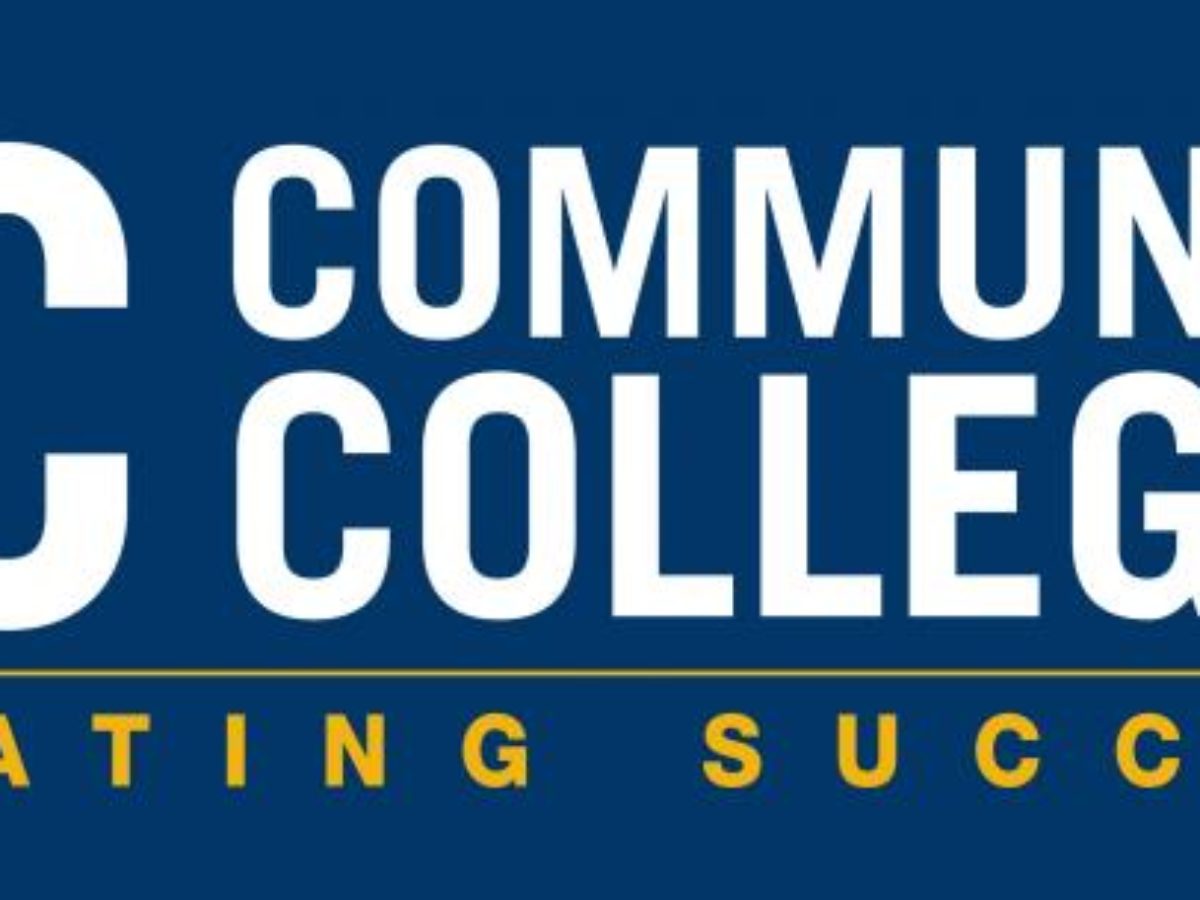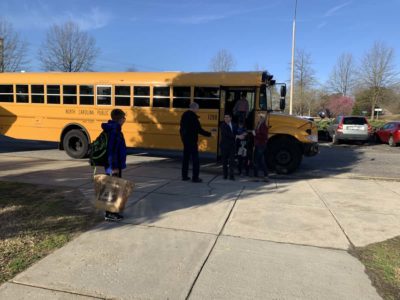

The State Board of Community Colleges approved agreements on Thursday with the North Carolina Independent Colleges and Universities (NCICU) focused on developing seamless transfer for students who begin their studies in music, theatre, or visual arts at a state community college and seek to complete their bachelor’s at a state private college or university.
The agreement, called a uniform articulation agreement, lays out a set of courses that students can take at community colleges and use to satisfy prerequisites upon transfer to a four-year NCICU institution.
“We’re trying to let people know on the front end what the expectations are and how to get on that path,” Community Colleges System spokesman Brian Long said, “so that they can try to make that jump two years down the road of when they complete that associate’s degree.”
The Community College System has a number of these sorts of agreements in place already, including a uniform articulation agreement with NCICU for nursing. In fact, the system already has an articulation agreement in place for fine arts with UNC System schools that took effect last Spring.
The agreement approved on Thursday is designed as an extension of collaborations already in place between community colleges and NCICU member institutions.
An official signing of the agreement is scheduled for Feb. 28 at Peace University.
“We’re excited about it,” Long said. “A lot of work went into it, both by our colleges and by the private four-year schools that are members of NCICU. It was great to be able to bring this before the board and have them act on it.”
Two new early college high schools
The board also approved the formation of two new cooperative innovative high schools: Halifax Early College High School in Weldon, a partnership of Halifax County Public Schools and Halifax Community College, and Stanly STEM Early College High School in Albemarle, a partnership of Stanly Public Schools and Stanly Community College.
Cooperative innovative high schools are “small public high schools, usually located on the campus of a university or community college, which expand students’ opportunities for education success through high quality instructional programming,” as defined by DPI. Many have a specific instructional focus, like STEM, and target first-generation college students, those at risk of dropping out, and students who would benefit from accelerated instruction. To learn more about cooperative innovative high schools, read our article here.
The proposal now goes to the General Assembly for final approval.
New degree programs at four community colleges
The board approved Associate in Applied Science degrees for four colleges beginning Fall 2019: for polysomnography at Central Piedmont Community College in Charlotte, for culinary arts at Durham Technical Community College in Durham, for electroneurodiagnostic technology at Lenoir Community College in Kinston, and for applied engineering technology, cyber crime technology, and mechatronics engineering technology at McDowell Technical Community College in Marion.
The degree programs were requested by the various colleges in response to needs they felt arose in their communities.
“That’s an example of how our colleges look at what’s going on in the community and are able to, in a relatively short amount of time, respond to industry trends and the pulse of the community,” Long said.
Event focused on serving Hispanics
As part of its strategic plan for improving community colleges, the Community College System has prioritized focus on underserved populations — including Hispanics.
On Thursday, the board approved an expenditure of $20,060 from State Board Reserve funds to support a professional development event for community college leaders, faculty, and staff that will focus on serving Hispanic students at state community colleges.
The event is planned for early June at Guilford Tech.


